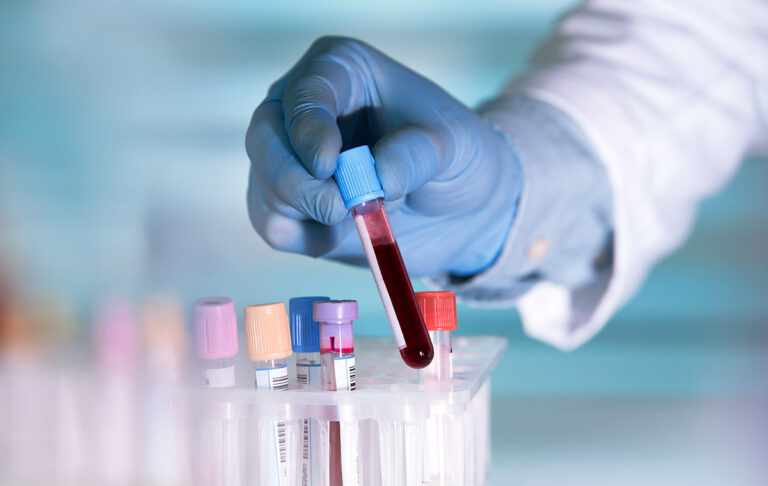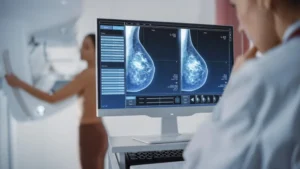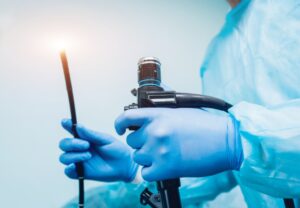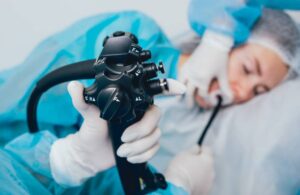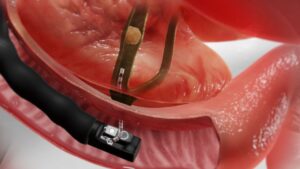What is a Faecal Occult Blood Test (FOBT)?
A Faecal Occult Blood Test (FOBT) is a non-invasive screening test used to detect small amounts of blood in the stool that may not be visible to the naked eye. This test can help identify early signs of colorectal cancer or precancerous polyps.
Why Might You Need a Faecal Occult Blood Test?
FOBT is often recommended for various reasons, including:
- Early Detection of Colorectal Cancer – FOBT can detect microscopic amounts of blood in the stool, which may indicate the presence of colorectal cancer or precancerous polyps.
- Screening for High-Risk Populations – Individuals with risk factors such as age over 50, family history of colorectal cancer, or personal history of polyps may benefit from regular FOBT screening.
- Monitoring for Recurrence – For individuals with a history of colorectal cancer or polyps, FOBT can be used to monitor for recurrence or new developments.
Preparing for a Faecal Occult Blood Test
Preparation for an FOBT is relatively simple and may involve the following steps:
- Dietary Restrictions – Your doctor may recommend avoiding certain foods and medications that could interfere with the test results, such as red meat, vitamin C supplements, or nonsteroidal anti-inflammatory drugs (NSAIDs).
- Sample Collection – You will be provided with a kit containing instructions for collecting stool samples at home. Follow the instructions carefully to ensure accurate results.
- Storage and Transportation – Store the stool samples as instructed and return them to the healthcare provider or laboratory for analysis within the specified timeframe.
What to Expect During the Test
The FOBT is performed by collecting stool samples at home over a specified period, typically several days. Here’s what you can expect:
- Sample Collection – Follow the instructions provided with the FOBT kit to collect stool samples using the provided collection devices or materials.
- Storage – Store the collected samples in the containers provided, following any temperature or storage instructions provided.
- Return – Once all samples have been collected, return them to the healthcare provider or laboratory for analysis within the specified timeframe.
After the Test
After completing the FOBT, you can resume your normal activities. Here’s what happens next:
- Analysis – The collected stool samples will be analysed in a laboratory to detect the presence of occult (hidden) blood.
- Results – Your healthcare provider will inform you of the test results and discuss any necessary follow-up steps based on the findings.
- Follow-Up – Depending on the results, you may need further testing, such as a colonoscopy, to investigate any abnormalities detected.
Risks and Benefits of Faecal Occult Blood Testing
While FOBT is a valuable screening tool for colorectal cancer, it’s essential to consider both the benefits and potential risks:
- Benefits – FOBT can detect early signs of colorectal cancer or precancerous polyps, potentially leading to early intervention and improved outcomes.
- Risks – False-positive or false-negative results can occur, leading to unnecessary anxiety or delayed diagnosis. Additionally, FOBT may not detect all colorectal cancers or polyps, particularly those located higher in the colon.
Your doctor can help you understand the benefits and risks of FOBT screening and determine whether it is appropriate for you based on your individual risk factors and preferences.
Frequently Asked Questions (FAQs)
How often should I undergo FOBT screening?
The frequency of FOBT screening depends on factors such as age, risk factors, and previous screening results. Your doctor can provide personalised recommendations based on current guidelines and evidence-based practices.
Can FOBT detect all colorectal cancers?
While FOBT is an effective screening tool, it may not detect all colorectal cancers or polyps, particularly those located higher in the colon. Follow-up testing, such as colonoscopy, may be recommended based on the results of FOBT or other clinical factors.
Are there alternatives to FOBT for colorectal cancer screening?
Several alternative screening tests are available for colorectal cancer screening, including colonoscopy, sigmoidoscopy, and stool DNA testing. Your doctor can help determine the most appropriate screening approach based on your individual risk factors and preferences.
What should I do if my FOBT results are positive?
If your FOBT results are positive, indicating the presence of occult blood in the stool, your doctor may recommend further testing, such as a colonoscopy, to investigate the cause of the bleeding and determine whether further intervention is needed.
Can dietary factors affect FOBT results?
Yes, certain dietary factors, medications, and supplements can affect FOBT results. Follow any dietary restrictions or recommendations provided by your healthcare provider to ensure accurate test results.
Faecal Occult Blood Testing (FOBT) is a valuable tool for colorectal cancer screening, offering a non-invasive and convenient way to detect early signs of colorectal cancer or precancerous polyps. By understanding the importance of FOBT screening, following preparation and testing instructions, and discussing results with your healthcare provider, you can take proactive steps to protect your colorectal health.
If you have questions or concerns about FOBT screening, don’t hesitate to discuss them with our doctors. Your proactive engagement in colorectal cancer screening can make a significant difference in your long-term health outcomes.

